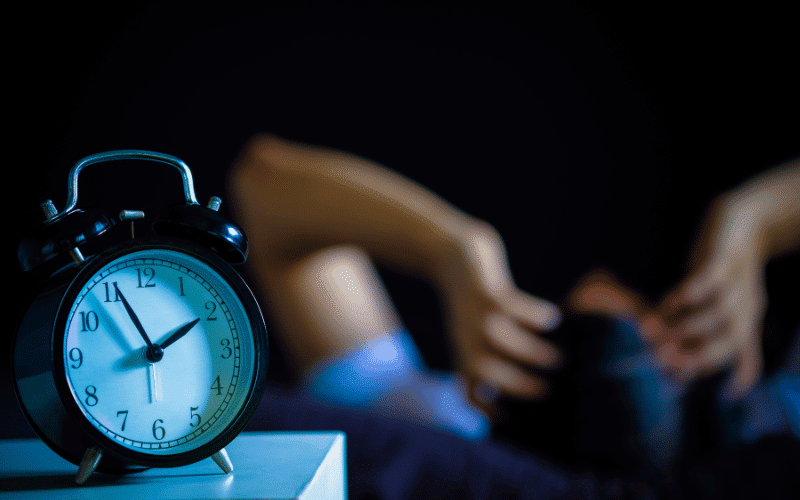14. The Effect on Sleep: Concussions Can Disturb Your Slumber

Next, we delve into the realm of sleep – an essential, yet often disrupted component in the concussion recovery journey. Following a concussion, individuals might find changes in their sleep patterns.
One might experience excessive sleepiness and require more sleep than usual. This could be the brain’s way of conserving energy and resources to heal. On the other hand, some people might suffer from insomnia, finding it difficult to fall asleep or stay asleep.
Concussions can also lead to problems such as sleep apnea or an increase in nightmares. These sleep disturbances can, in turn, exacerbate other concussion symptoms like fatigue, cognitive difficulties, and mood changes.
It’s important to address sleep issues as part of concussion management. Good sleep hygiene practices, such as maintaining a regular sleep schedule, ensuring a quiet and dark sleep environment, and avoiding caffeine and electronics before bed, can help improve sleep quality.
Navigating through sleep disturbances can be challenging, but with the right strategies, restful sleep is within reach. (14)